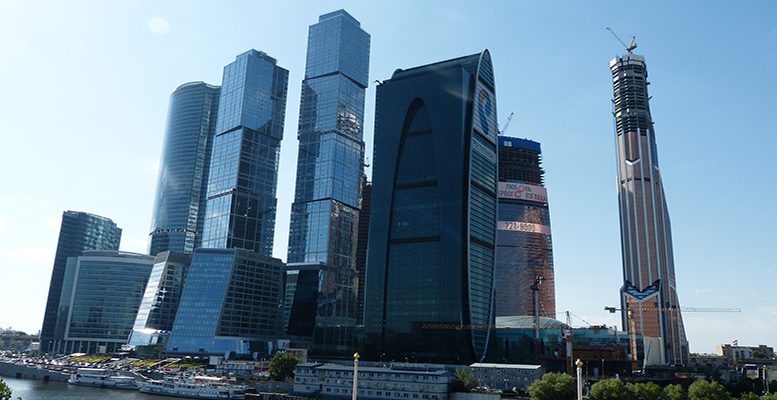Alicia García Herrero (Natixis) | Given the delicate situation in Ukraine and the US imposition of sanctions on Russia, followed by the European Union (EU), it seems important to assess how much Russia can rely on China as a trading partner.
Although trade between the EU and Russia has lost some steam since Putin’s “Pivoting to the East” announced during his 2021 campaign and the sanctions imposed in 2014 due to Russia’s take-over of Crimea and, the EU is still Russia’s largest trading partner. Taking 2019 as benchmark, i.e., before the outbreak of the pandemic, Russia’s exports/imports with EU were seven/five times bigger than with China
Given the geopolitical unrest and the closer relationship between China and Russia, there could be some substitution effect on Russia’s imports, namely Russia could import more from China if it has to import less from the EU. But for Russian exports – which are heavily concentrated on oil & gas – it will be much harder for Russia to shift from EU to China in the short run, given that the former is much larger than the latter.
The higher sustainability of Russian imports compared to exports, as was quantitatively estimated by Garcia-Herrero and Xu (2016 *), indicates that Russia is bound to see a deterioration in its trade balance following the sanction. Focusing on Russia’s imports, a sectoral breakdown shows that China and the EU are mainly competing on exports of machinery and transport equipment to the Russia market. Such competition will clearly tilt in favor of China in the months/years to come
However, the rise of Chinese exports to Russia are significantly smaller than the decline of EU’s exports to Russia over the past few years, implying that the substitution will not be full either. This is especially the case for the medical and pharmaceutical goods. In 2019, Russia’s medical and pharmaceutical goods imported from China was only $0.2 million while that from EU reached $10.5 million. The strength of medical sector is related to the EU’s dominant innovation role in the medical sector.
All in all, a closer trade relationship with China could offer Russia some help in case of the US and EU sanctions, but it is not likely to fully offset the impact of increasing decoupling from EU. This is the case overall but all the more so for energy exports and imports of pharmaceutical products. In essence, Russia’s pivot to China cannot offer an immediate solution for Russia’s trade, though maybe increasingly so in the longer term.





